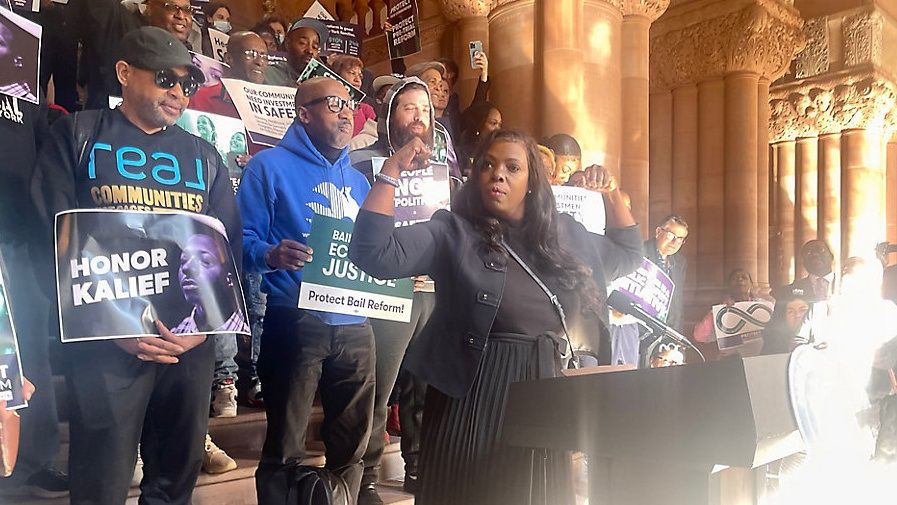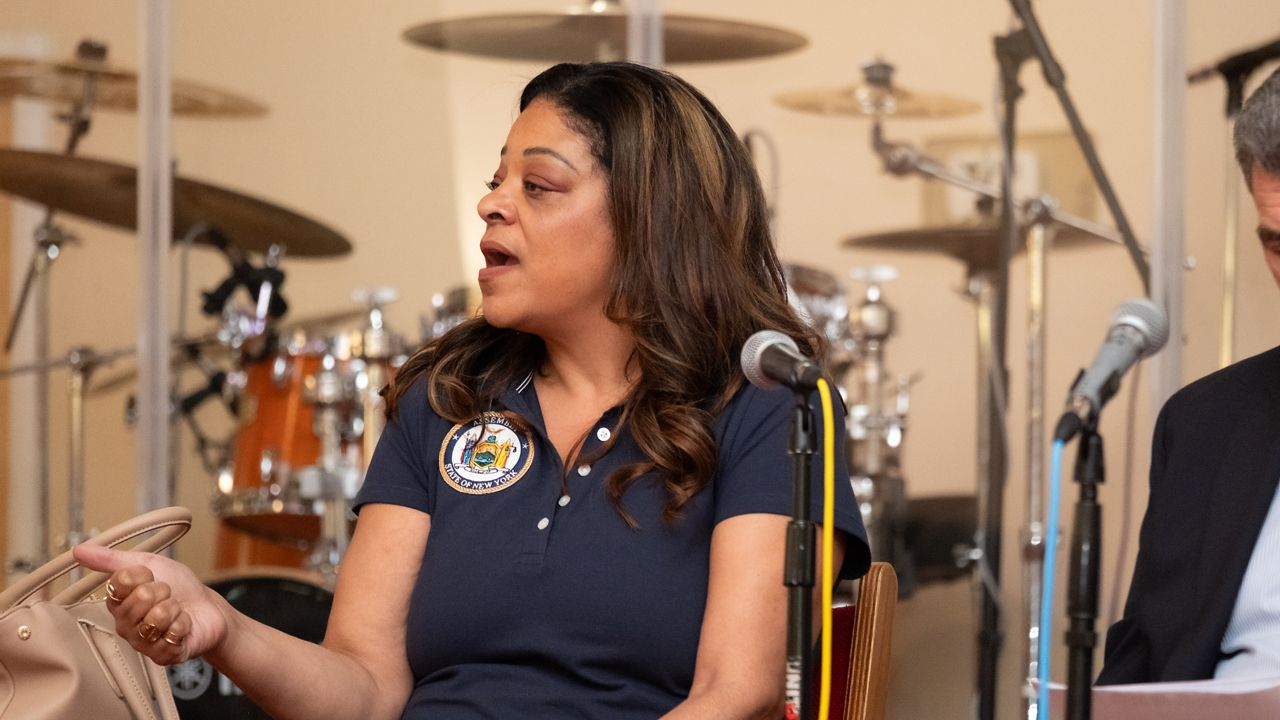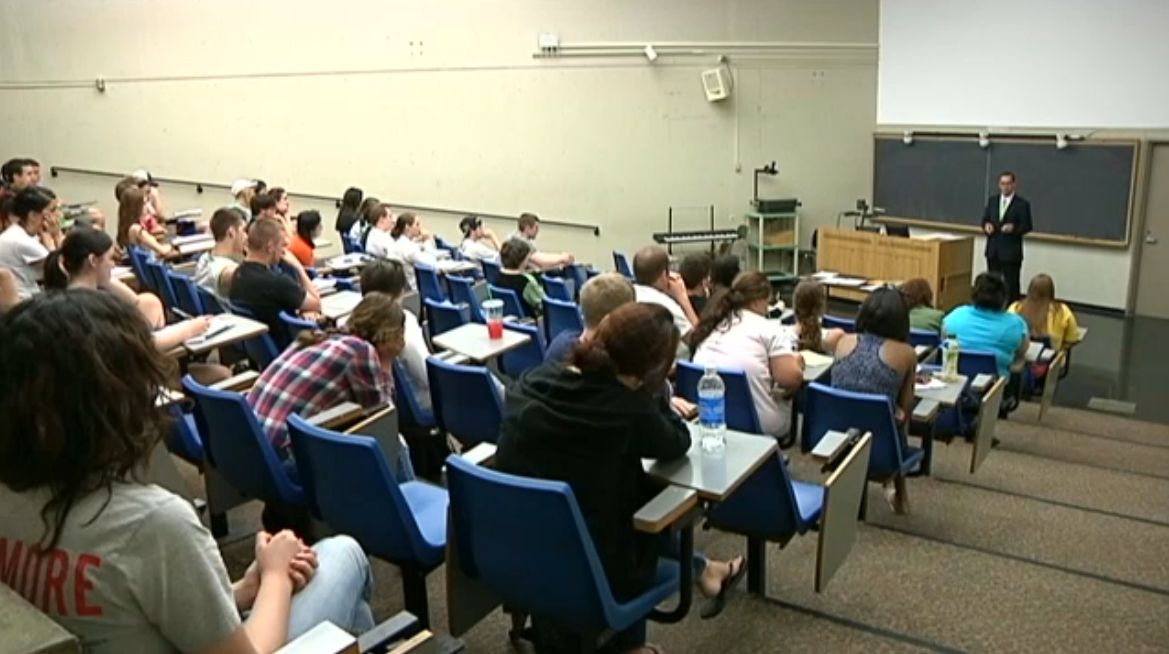Several groups that advocate for people with disabilities are strenuously voicing their concerns over the “New York Medical Aid in Dying Act,” an 8-year-old bill that would allow terminally ill, mentally capable adults who have been given six months or less to live to take their own lives with a cocktail of pharmaceutical drugs.
The bill’s proponents have been actively lobbying legislators this session.
But “Not Dead Yet,” a national, grassroots disability rights organization that opposes the legalization of assisted suicide and considers it to be a form of discrimination, is working to counter that activity.
Anita Cameron, director of minority outreach for the group, told Capital Tonight the New York Medical Aid in Dying Act creates two separate classes of people.
“If you are younger, healthy, non-disabled and you express suicidal thoughts, you will be helped…whereas, people with disabilities, people who fall under assisted suicide laws, won’t. They will receive aid to die,” Cameron said.
She is also concerned about the pressure that people with disabilities may receive from family and health insurance to die, something Disability Rights Education & Defense Fund (DREDF) Senior Policy Analyst Marilyn Golden has written extensively on.
“The cost of the lethal medication generally used for assisted suicide is about $300, far cheaper than the cost of treatment for most long-term medical conditions. The incentive to save money by denying treatment already poses a significant danger. This danger is far greater where assisted suicide is legal,” Golden wrote.
But Corinne Carey, the New York campaign director for the advocacy group Compassion & Choices, pushes back against this scenario.
"I understand the concerns from people living with disabilities in New York who have experienced discrimination while accessing essential health services, but giving terminally ill people the compassionate option of medical aid in dying will have no negative effect on those living with disabilities,” Carey said. “We know this because evidence from the 11 other jurisdictions that have these laws has proven it."
Another concern voiced by Cameron is the six-month time frame in the bill. She argues the timing of a terminal diagnose is not always accurate.
“Doctors make mistakes. A lot,” Cameron said, recalling that her own mother had a terminal diagnosis, entered hospice for six months, but then returned home to live for 12 more years. Instead, she argues that for people are who imminently terminal and suffering from debilitating pain, there is at least one alternative: palliative sedation.
“Where one is sedated while the dying process takes place. That’s legal. That’s available to people. Palliative care, palliative sedation,” she said. “We need more access to palliative care, hospice, those things, not assisted suicide.”
Again, Carey disagrees.
"Palliative sedation provides comfort to some people whose suffering is protracted and pain medication has stopped working because the person may have been on high doses of that medication for a long time, but it isn't a solution for everyone,” Carey said via email. “We can -- and we must -- do more than one thing at a time: We can work to improve hospice and palliative care, AND authorize the option of medical aid in dying, which is a form of palliative care."
“Not Dead Yet’s” Cameron told Capital Tonight that she has compassion for people in pain, as well as empathy.
“I live with intractable pain. I may not look like it. I lived with this for decades. I have multiple disabilities, degenerative conditions and a condition that will take my life. I live in pain. I know what that’s like,” she said.
This session, new Assembly Health Committee Chair Amy Paulin and Senate Judiciary Chair Brad Hoylman-Sigal are sponsoring the NY Medical Aid in Dying Act.










